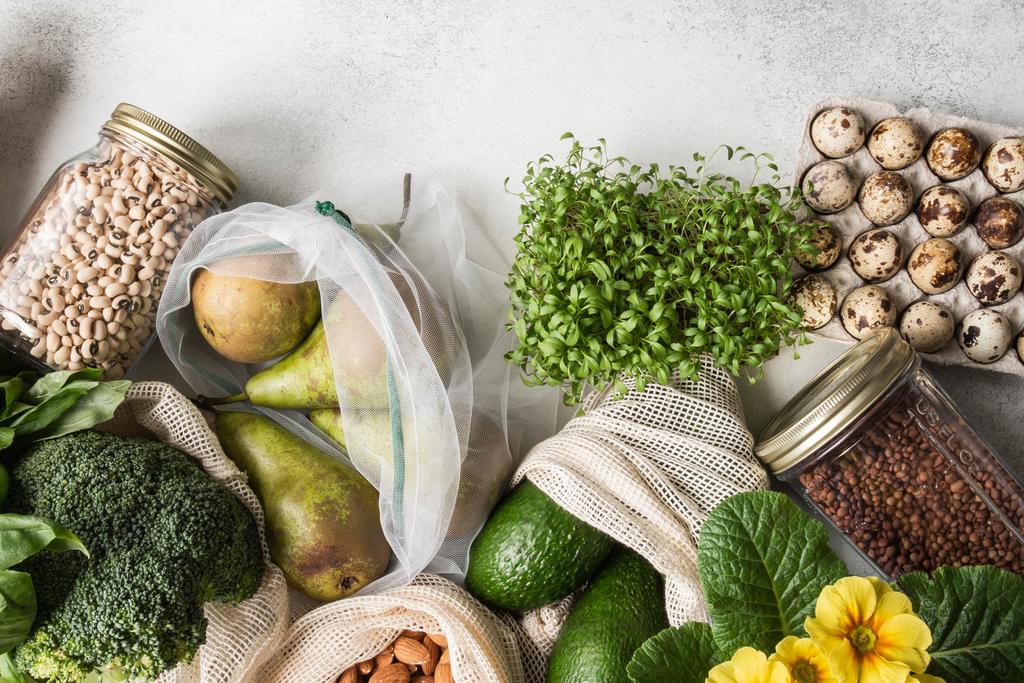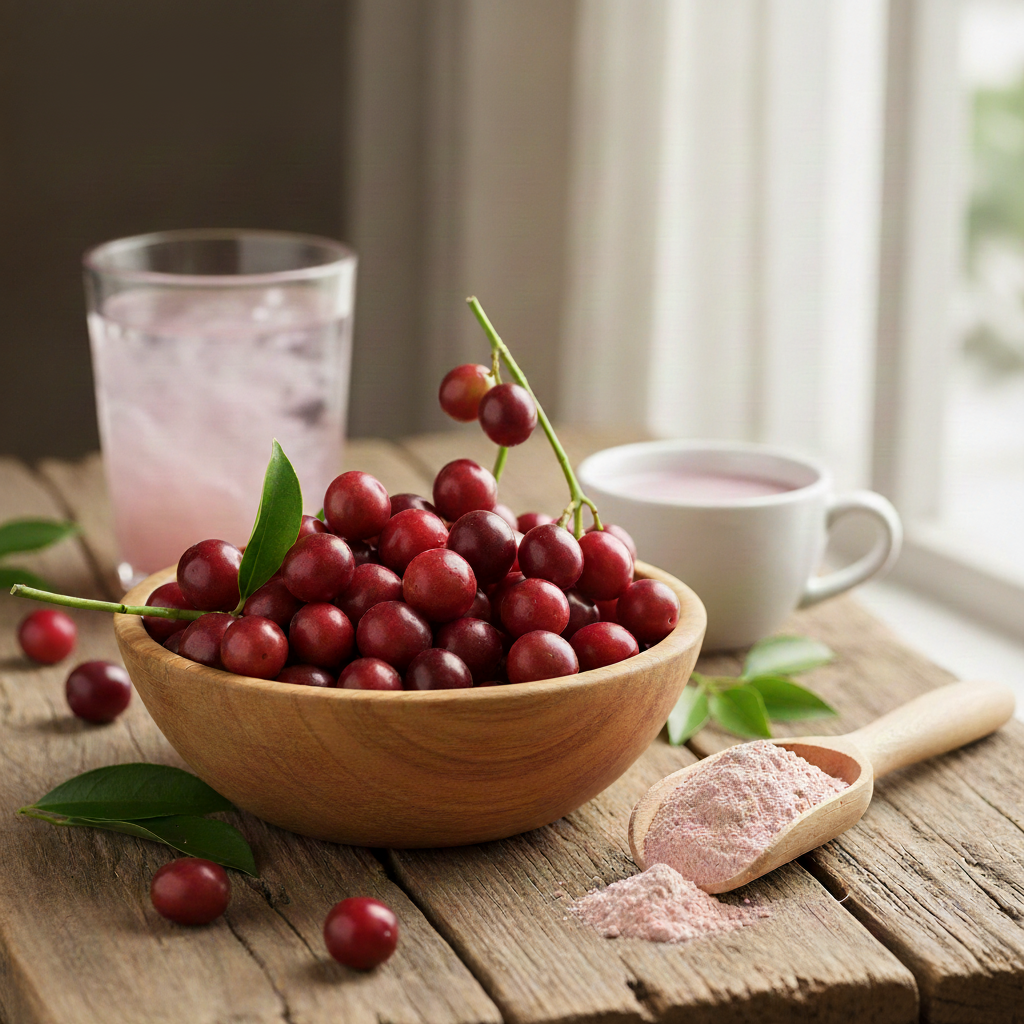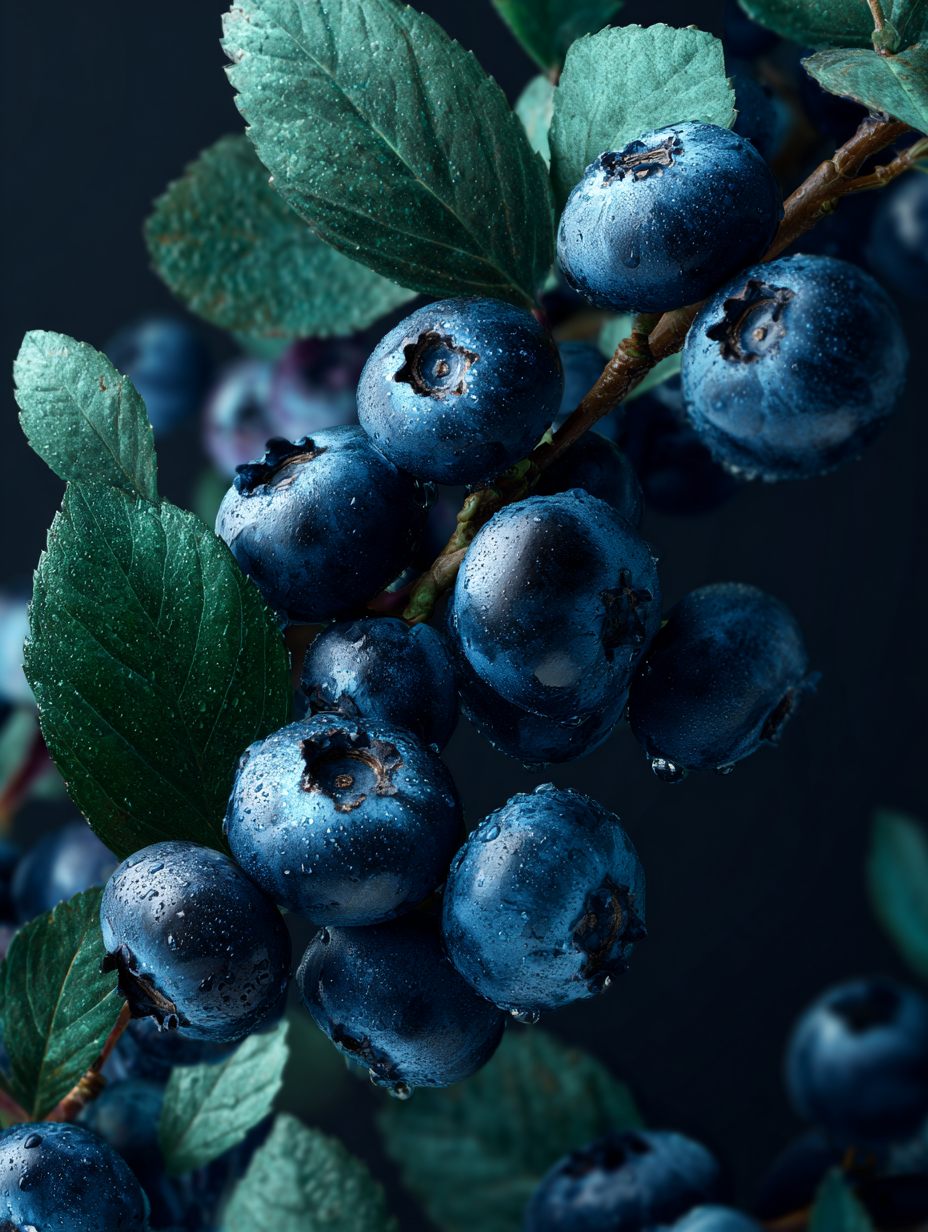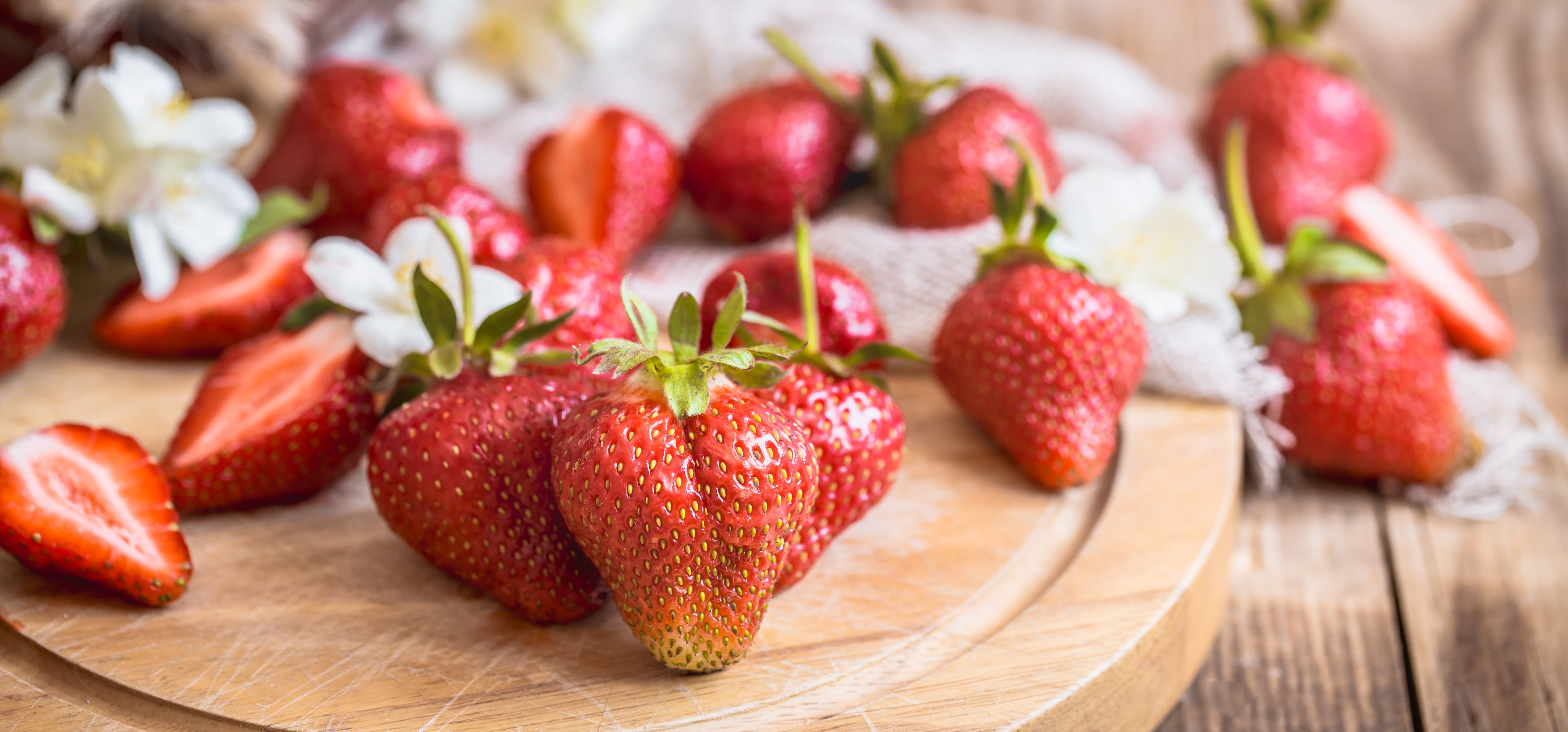Your Cart is Empty
Camu Camu: Superfood for Immunity & Skin Health
Camu camu (Myrciaria dubia) is a powerful superfood native to the Amazon rainforest. Th...
READ MORE
The skin and its derivatives (hair, nails, sweat, and oil glands) make up the largest organ of the body (also known as the integumentary system). In order for your integumentary system to function correctly it requires essential nutrients such as protein, vitamins, and minerals. Incorporating these nutrients into your diet can add new vitality and luster to your hair, skin and nails. However, not all are created equal.
While the healthier options can result in a glow-up and prevent premature aging, the wrong nutrients can cause breakouts and skin inflammation.
Protein is a macronutrient that is essential for maintaining and repairing tissues in the body. While it is commonly associated with building and repairing muscle tissue, protein is also important for maintaining the health of other tissues in the body, including the hair, skin, and nails.
A continual supply of protein is required to maintain the ongoing regeneration of these tissues. These tissues are made up of a protein called keratin, which provides strength and structure to the cells. There are 54 kinds of keratin in the body.
If your body doesn't get enough protein from your diet, it may not be able to produce sufficient keratin, which can result in weak and brittle hair, dry and dull skin, and fragile nails that are prone to breaking.
However, not all proteins are created equal when it comes to supporting the health of your integumentary system (your hair, skin and nails).
For example, animal-based proteins, such as those found in meat and dairy products, are typically high in saturated fat and can contribute to skin inflammation and breakouts.
Plant-based proteins, on the other hand, are typically lower in saturated fat and higher in “healthy fats,” such as polyunsaturated fats.Plant-based proteins are also higher in antioxidants and anti-inflammatory compounds, which can help support the health of the skin and prevent premature aging.
Getting enough of the right kind of protein in your diet is essential for maintaining healthy tissues.
A diet rich in lean protein sources, such as legumes, nuts, seeds, and whole grains, can provide the body with the building blocks it needs to support the growth and regeneration of these important tissues, which can lead to a more radiant and healthy look (aka the glow up).
In addition to protein, there are several other nutrients that are also important for maintaining the health of the integumentary system. For example, vitamins A and C are essential for the production of collagen, which is a protein that provides elasticity and strength to the skin. Minerals such as zinc and iron are also important for the growth and development of hair and nails. B vitamins like biotin and niacin also play a critical role in maintaining healthy hair and skin.
Protein is a crucial component for the growth and maintenance of healthy hair. Hair is mainly composed of a protein called keratin, which gives it its structure, strength, and resilience. Without enough protein, hair can become weak, brittle, and prone to breakage.
In addition to providing the building blocks for hair growth, protein also plays a vital role in regulating the growth cycle of hair follicles. Research has shown that inadequate protein intake can disrupt this hair growth cycle, leading to hair loss, thinning, and slow growth.
Furthermore, protein also contributes to the overall health of the scalp, which is the foundation for healthy hair. The scalp needs sufficient protein to maintain its structure and function, which includes providing oxygen and nutrients to the hair follicles.
Without enough protein, the scalp can become dry, flaky, and itchy, creating an unhealthy environment for hair growth. Thus, incorporating adequate protein into your diet is essential for maintaining strong, healthy hair.
Healthy hair growth is also dependent on certain vitamins and minerals. Vitamins such as biotin or niacin are essential for hair strength and flexibility,while vitamin A & C promotes collagen production, essential for healthy hair and skin. Zinc and seleniumare other crucial minerals needed for healthy hair, as they help strengthen the shaft to prevent breakage.
Protein plays an essential role in maintaining healthy skin. Our skin is made up of protein fibers, such as collagen and elastin, which provide structure and elasticity to the skin.
When we consume enough protein, our bodies can produce the necessary amino acids to maintain and repair these proteins. However, when we don't get enough protein, our skin can become dull, dry, and saggy.
Collagen is one of the most abundant proteins in our skin, making up about 75% of the skin's dry weight. It is responsible for keeping our skin firm, supple, and youthful.
As we age, our bodies produce less collagen, leading to wrinkles, fine lines, and sagging skin. Consuming protein-rich foods or taking protein supplements can help stimulate collagen production and slow down the aging process.
In addition to collagen, protein also plays a crucial role in the healing and repair of our skin. When we have a cut or a wound, our bodies use protein to create new cells and tissues to heal the damaged area.
Without enough protein, the healing process can be slower and may result in scarring. Therefore, it's crucial to consume enough protein to support the healing and repair of our skin.
A balanced diet should include plenty of vitamins, minerals, and other essential nutrients that promote healthy skin.
Vitamin A is essential for skin health, as it controls cell production and encourages healthy skin tissue growth. Vitamin A can be found in many foods, like sweet potatoes, carrots and spinach.
Vitamin C is a necessary nutrient for collagen production and for protecting the skin against free radical damage. It can be found in numerous fruits and vegetables, like bell peppers, strawberries, and oranges.
Omega-3 fattyacids are crucial for skin health. They reduce inflammation and promote skin health. You can find them in many foods like fish, nuts, and seeds, and in especially high doses in hemp seeds.
Strong and healthy nails are an essential part of an overall healthy appearance. Adequate protein intake is crucial for maintaining healthy and strong nails.
Proteins are the building blocks of nails and play a vital role in maintaining their structure and growth. Lack of protein intake can lead to brittle, weak, and slow-growing nails,which can be frustrating for anyone.
Keratin, a type of protein, is the main component of nails - it provides nails with strength and rigidity. Keratin is formed from amino acids, which are obtained from protein-rich foods.
A diet that is deficient in protein can cause a lack of amino acids, which can, in turn, result in weak and brittle nails. To promote healthy nail growth, it is essential to include adequate amounts of protein in the diet.
In addition to protein, certain vitamins and minerals also play a critical role in nail health. Biotin, also known as vitamin H, is essential for nail health as it helps to strengthen nails and prevent brittleness.
Iron is another vital nutrient for nail health, as it helps carry oxygen to the nails and promotes growth. Zinc and vitamin C also play an important role in maintaining healthy nails.
A well-balanced diet that includes sufficient amounts of protein, vitamins, and minerals is crucial for promoting healthy and strong nails.
Looking for a life hack to get all the protein, vitamins and minerals you need in one place?
Click here to try Nutrigazm before it’s gone!

Camu camu (Myrciaria dubia) is a powerful superfood native to the Amazon rainforest. Th...
READ MORE
Blueberries are more than just a delicious superfood. Packed with essential nutrients, ...
READ MORE
Strawberries are more than a sweet snack—they’re a low-sugar, antioxidant-packed superf...
READ MORE